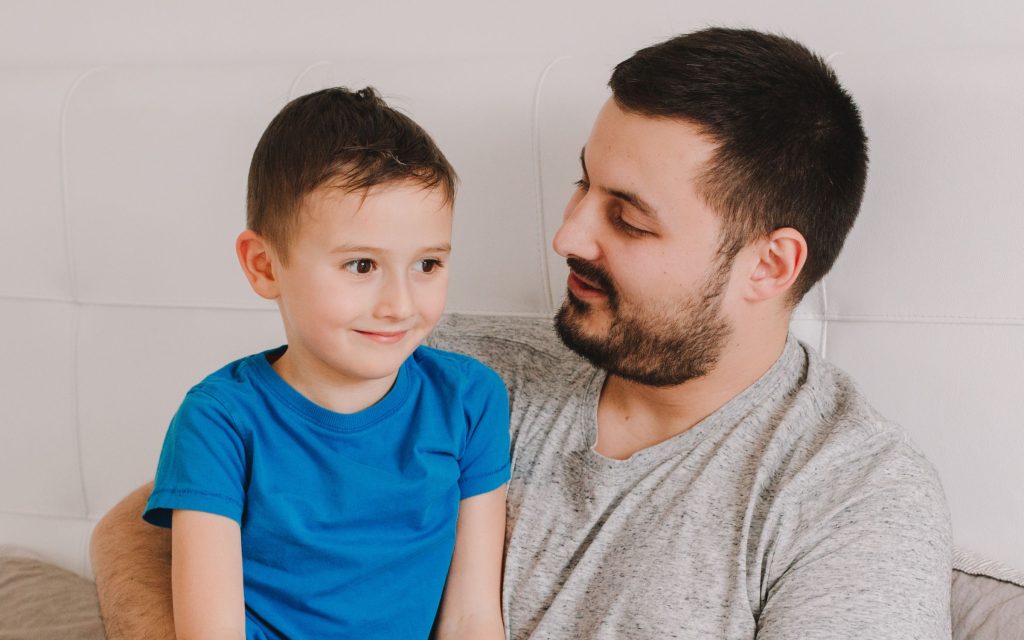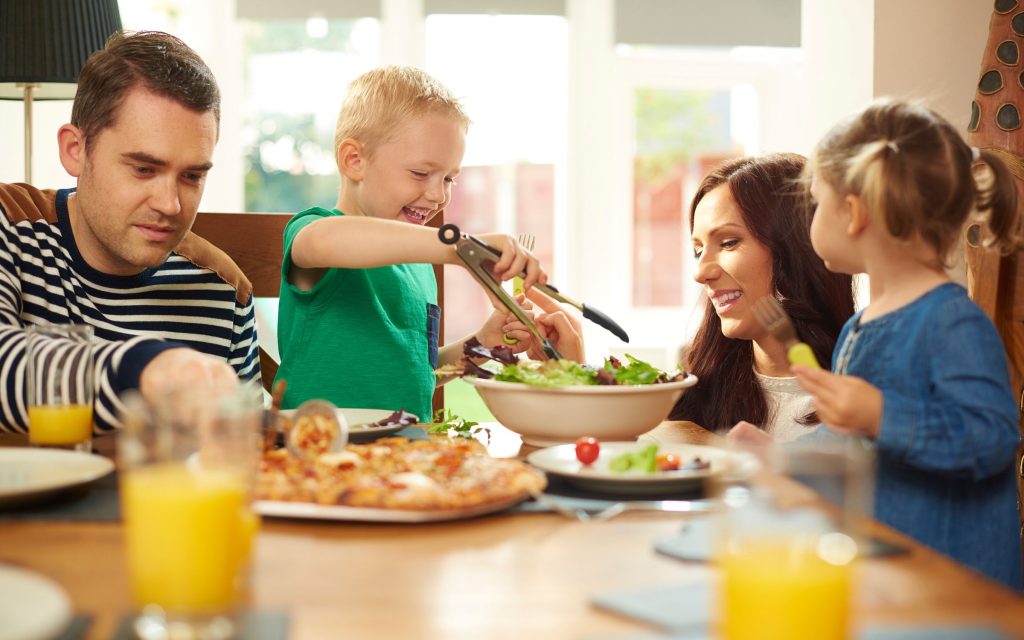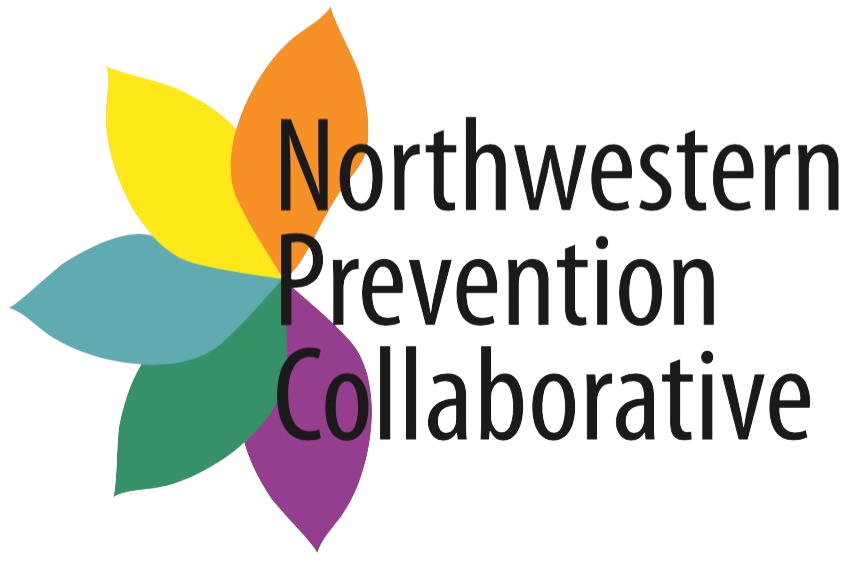Even for people working in prevention, deciding when to talk about the dangers of various drugs and alcohol can be a challenge. When Delta-8 first became a topic for prevention professionals, there was concern that any efforts to warn families might also promote the substance. The truth, however, is that kids are usually far more aware of things than we give them credit for, at far younger ages than we want to admit. (In the case of Delta-8, a few quick searches on Tik Tok revealed that the kids were well aware of its existence.) If it is that hard for professionals to know when to start a conversation, how can parents know at what age they should talk to their kids about drugs and alcohol?
For parents, it can be both more difficult and easier to make the determination about when to have those tough conversations with your children. Easier because you know your child and their struggles, and you know how to broach topics with them. More difficult because you aren’t with your child every moment of every day, and they likely have already been exposed to substances—they may even be using them. Most of us, quite frankly, don’t like to think about that possibility.
As you are working your way through when and how to address the dangers of drugs and alcohol with your child, here are a few things to consider.

It doesn’t have to be about the substances.
Research has shown that kids respond best to positive messages rather than negative. It is certainly important for you to know and understand the risks that drugs and alcohol pose to a developing child, but not every conversation has to center around the negative. It shouldn’t, in fact, because most people (and especially kids and teens!) have trouble thinking that danger applies to them.
Instead, focus your early conversations about the positives. For example, making the healthy choice means you:
- Can do your best in school and in sports.
- Feel well instead of hung over or sick.
- Are always available to help a friend in need.
- Can feel proud of your choices.
Make it age-appropriate.
It is never too early to start talking to your kids about the dangers drugs and alcohol pose. (Okay, maybe talking to a newborn about it might be taking that idea too far, but it would be great practice for you!) Of course, that does not mean that the message you give to a preschooler should be the same as the one you give to a teenager. Messages for young children should be simple. For example: “We want only good things in our bodies so we can grow up to be healthy.” As they age, start letting them know things like, “Drugs and alcohol will make you sick. Your brain is still growing, and the chemicals in drugs and alcohol will hurt it.”
The older your kids get, the more specific your information should be. You can share that vapes contain as much nicotine as an entire pack of cigarettes. Remind them that the vaping companies exist to make money, and the more people vape, the more money the companies make. Let them know that vapes contain dangerous chemicals and metals.

It’s okay if you have to look it up.
Eventually, your kids may want specific, scientific answers. It is entirely fair to admit you don’t know the answer when they challenge you. Go do some research together (or do it separately) and have a conversation about what you discover. Make sure you talk about looking at who has written or funded the research—again, vape companies exist to make money, so their articles and videos are not going to list the risks of vaping (unless there is a government mandate to do so).
As you research, you might find that the product is just too new, and there is not enough research about its effects. You can still go back to the question, “Is this the best choice for your health?” and continue to discuss the possible effects of it. For example, in the case of vaping, discuss whether it is truly safe to inhale chemicals and metals and risk becoming addicted to nicotine.

Self-care and resilience matter.
Many children begin using drugs and alcohol when faced with Adverse Childhood Experiences (ACEs) or overwhelming situations, such as being left alone a lot, sexual abuse, divorce, domestic violence, bullying, or death of a loved one. One of the best things we can do for our children when they are young is teach them to take good care of themselves and their bodies, and help them develop resilience. Having a strong foundation in both will provide them with the inner strength and coping skills they need to get through tough times.
Wellness and resilience are topics that are far too deep to be covered in this article, but here are a few basics to start with:
- Make healthy choices: eat right, drink enough water, and get enough sleep.
- Make one choice to be drug- and alcohol-free, because that helps to keep you healthy and gives you the best chance of having your best future.
- Life will throw us challenges. When tough times come, it is important to ask for help, talk out our problems with a trusted adult, and continue to take care of our health.
Read more about wellness on our website, or listen to our podcast Positive Vibes from the Valley on the eight dimensions of wellness. We also have several articles about building resilience.




Comments are closed.